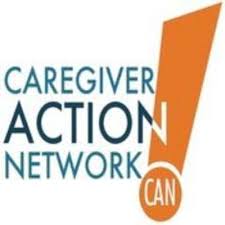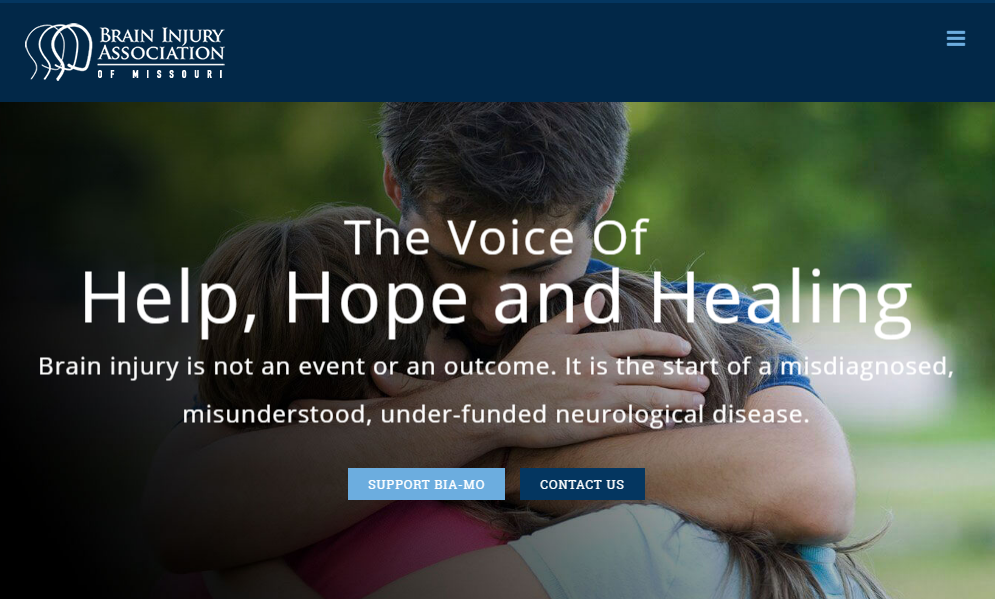Creating Disability-Inclusive Workplaces
By Zach Baldwin, Director of Outreach, American Association of People with Disabilities
The month of October marks National Disability Employment Awareness Month (NDEAM), meant to celebrate the contributions of workers with disabilities and educate employers and the public about the value of a diverse workforce inclusive of the skills and talents of people with disabilities.
The Americans with Disabilities Act (ADA), passed in 1990, aimed to eliminate discrimination and assure equal access to public accommodations, state and local governments, communication, transportation, AND employment for all individuals with disabilities. Yet, today, the labor force participation rate for Americans with disabilities is less than one-third the rate of those without a disability, and the unemployment rate is nearly twice as high for individuals with disabilities. Companies have advanced their diversity strategies, but the ADA goal of economic self-sufficiency remains elusive while improved employment outcomes for people with disabilities remains unchanged 27 years after the passage of the ADA.
The American Association of People with Disabilities (AAPD) is working to ensure people with disabilities are not denied their fair chance to pursue the American Dream through our programs and initiatives. One such program, the Disability Equality Index (DEI), focuses specifically on disability inclusion in corporate workplaces.
The DEI is a joint initiative of AAPD and the US Business Leadership Network (USBLN). Developed by the DEI Advisory Committee, a diverse group of business leaders, policy experts, and disability advocates, the DEI is a national, transparent benchmarking tool that offers businesses an opportunity to receive an objective score, on a scale of zero to 100, on their disability inclusion policies and practices. It is an aspirational, educational, recognition tool that is intended to help companies identify opportunities for continued improvement and help build a company’s reputation as an employer of choice.
Below are a few highlights from the 2017 DEI:
- Of the 110 companies participating in 2017, a record 68 employers earned 100 ratings – the highest score possible; this is a substantial increase from 2015 when 19 (out of 80) companies received 100 ratings.
- The companies that participated in the 2017 DEI represent 21 different business sectors.
- The corporations taking part in the 2017 DEI have a total U.S. workforce of roughly 7.2 million workers – or 5 percent of all of American workers.
- The publicly-held corporations taking part in the 2017 DEI account for approximately $6 trillion in market value.
- The industries with the most corporations participating in the 2017 DEI are: Financial Services (15% of reporting companies); Technology (10% of reporting companies); and Healthcare and Insurance (both accounting for 9%, or a total of 18%, of companies reporting).
Registration for the 2018 DEI opened earlier this month. Interested companies can learn more and register to participate in the survey by visiting www.disabilityequalityindex.org/register.
AAPD is a convener, connector, and catalyst for change, increasing the political and economic power of people with disabilities. As a national cross-disability rights organization, AAPD advocates for full civil rights for the over 56 million Americans with disabilities by promoting equal opportunity, economic power, independent living, and political participation. Learn more at www.aapd.com.
Allsup
Related Articles

Uncategorized
Helping Family Caregivers With What They Need to Know

Uncategorized
Understanding MS and Disability Benefits

Uncategorized
BIA-MO Gets Real about Brain Injury Awareness

